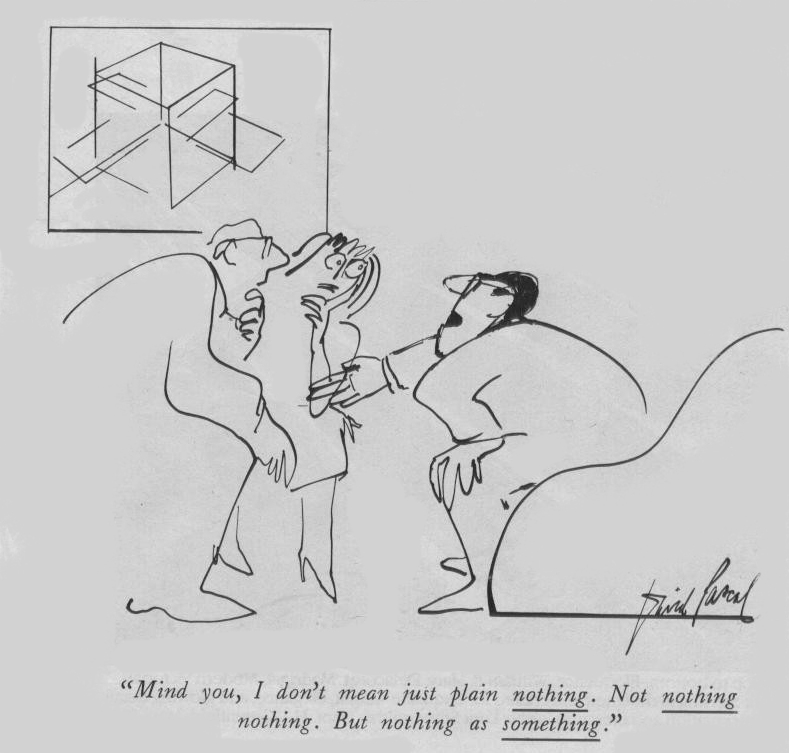Science, Metaphysics, and Their Lack of Trustworthiness

{Audio .mp3 this essay @ 3MB; 3.5min} I think people are easily exasperated with metaphysical discourse, because there's no way to show such talk to be false -- it is not 'defeasible' to use the technical term -- so they think such talk can lead to nowhere trustworthy or useful.
In contrast, people enjoy science discourse; since, they rightly note, it leads to practical technology; moreover, science discourse is defeasible. Indeed, even when science discourse is downright bamboozling, people will put up with it. Again, not so with talk of metaphysics. (For the moment, I’m excluding religious metaphysics, for lots of people seem perfectly happy to endure that kind of unfalsifiable discourse.)
The irony is that the execution of the scientific enterprise presumes many metaphysical assumptions. Here is a short list:
* Generalized claims can be made from observations.
* Observation tells us something about reality.
* Reality is ordered.
* Events in the future will occur with like resemblance to events in the past.
This presents an odd sort of dilemma: The scientific enterprise is based on metaphysical assumptions. Now anything based on metaphysical assumptions is based on non-defeasible assumptions. But being so-based, and reasserting the popular exasperation with metaphysics noted above, forces a surprising conclusion: that the scientific enterprise leads to nowhere trustworthy or useful.
So initially science is understood to be trustworthy and useful; but, upon careful inspection, science should ultimately be understood as lacking these desirable traits.
Perhaps, in the face of this dilemma, non-defeasible assumptions are best accorded as useful afterall! Whether such assumptions are trustworthy is a very difficult question, but they are certainly practical; for, when they are posited, certain conceived and desirable goals are implemented as actions with desirable results. This kind of practicality is the force of argument for religious doctrine: thinking about the world in a certain way, taking certain metaphysical assumptions about God’s existence or non-existence (and so forth), in a phrase “having faith”, allows one’s conceived and desirable goals to be implemented as actions with desirable results. Metaphysical thinking, therefore, has practical value.
As for the trustworthy nature of metaphysical statements, I have little to offer. There is a very weak sense of where a metaphysical assumption is trustworthy – i.e., so long as there is no detected contradiction[1] with another metaphysical assumption (e.g. one can't rationally claim, "Matter exists, and nothing exists." "Tom was born earlier than Jim, and Tom never existed." etc.) Some stronger sense than “no detected contradiction” does not seem available. Being trustworty -- i.e., “worth trust” -- looks like there is a comparison of one thing with another, where something gets some degree of “worth” from the comparison. But there is not some degree of trustworthiness between bivalent values, between true or false. What would it mean, for example, to say that “something is barely not nothing?” However, care must be exercised, since natural languages can fool people with their flexibility. One can give some sense to saying “Tom almost never existed,” but what could it mean to say, “Tom barely never existed.”?
The metaphysics of science has now exasperated me.
REFERENCES
[1] The axiom or law of thought that a thing cannot be and not be at the same time, or a thing must either be or not be, or the same attribute can not at the same time be affirmed and and denied of the same subject; also called the law of the excluded middle. ["Principle of Contradiction" The Free Dictionary (Accessed 10/21/06)]
.:.







